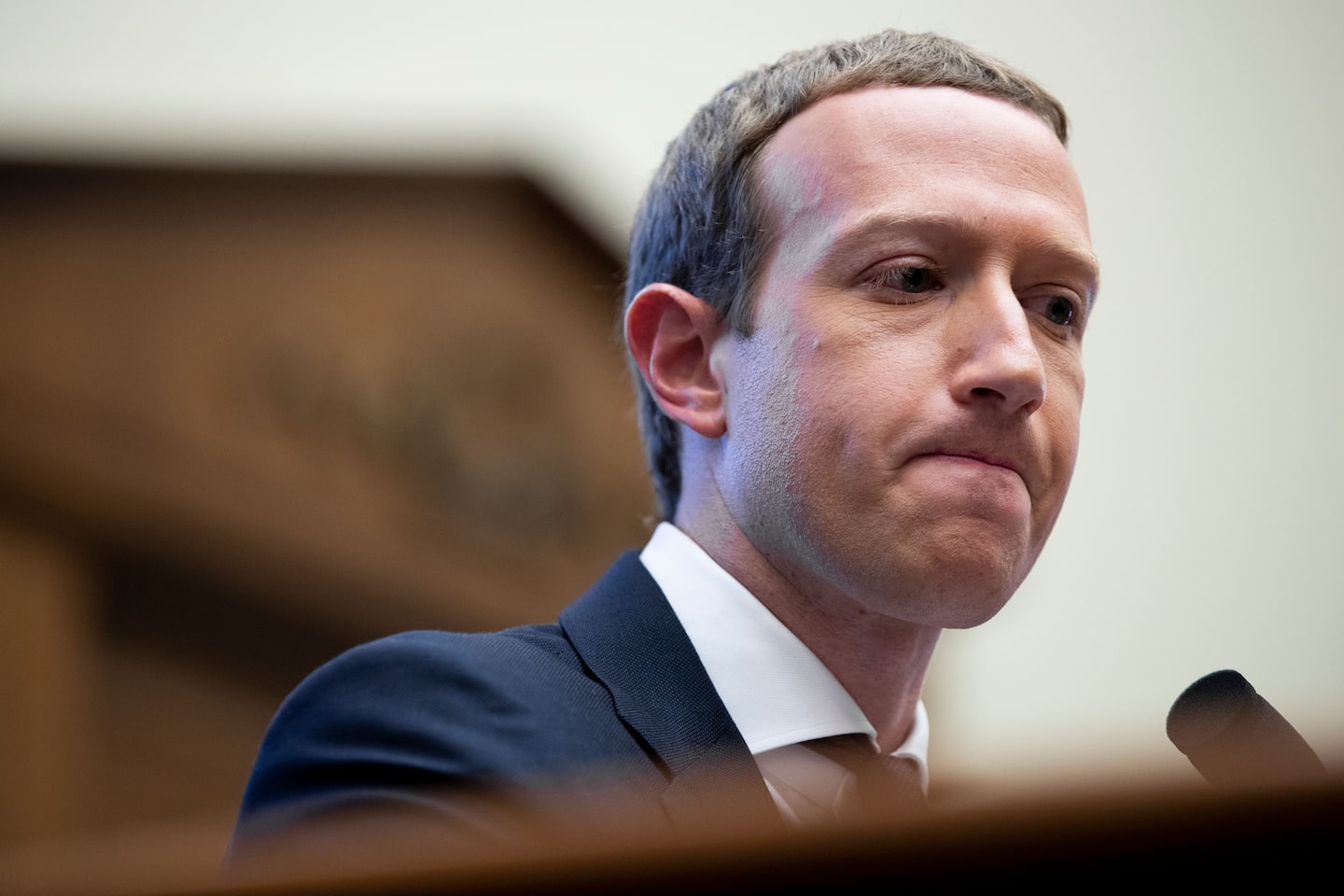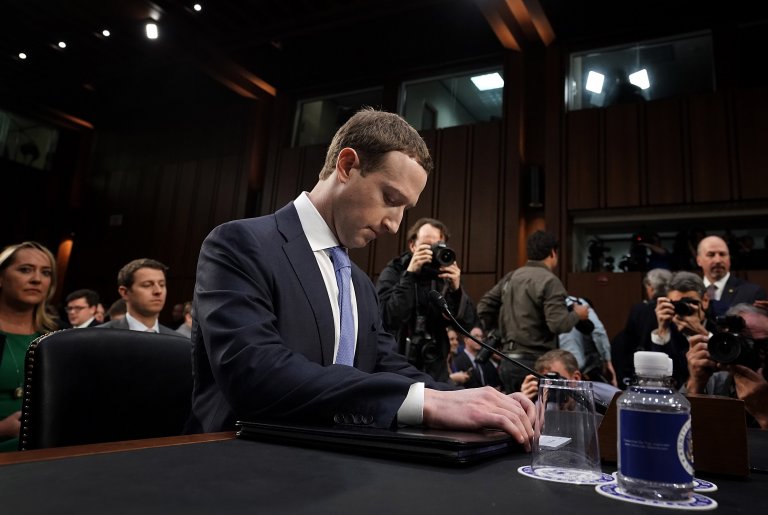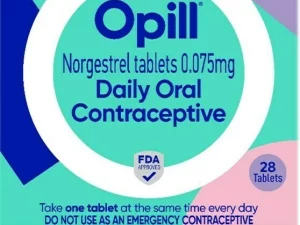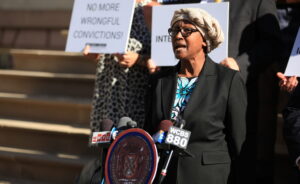
The Federal Trade Commission Files An Antitrust Lawsuit Against Facebook
Silicon Valley – Over a dozen states along with the Federal Trade Commission (FTC) have sued Facebook (FB) last week. Two twin antitrust lawsuits are filed against the social media giant, Facebook alleging anticompetitive behavior. Additionally, the lawsuit alleges abuse of dominance in the digital market.
Basically, the FTC is claiming that Facebook is illegally maintaining a monopoly in the social networking market through its anticompetitive conduct.
Allegation
The attorney generals of 46 states, including the District of Columbia and Guam allege that Facebook uses a systematic strategy of acquisitions. An example is its 2012 acquisition of Instagram and thereafter the company’s acquisition of WhatsApp in 2014. Further, Facebook’s imposition of non-compete’s against software developers is not something that the lawmakers in DC support.
The FTC is seeking a permanent injunction that could require divestment of Facebook’s assets including Instagram and WhatsApp. The injunction will prohibit Facebook from imposing non competes on software developers. Facebook will have to seek prior FTC approval for any future acquisitions or business mergers.
Ian Conner, Director of FTC’s Bureau of Competition says “Personal social networking is central to the lives of millions of Americans,” According to FTC, Facebook’s unmatched position has provided the company with an astonishing amount of profits.

The Future and Facebooks Stand
14 months earlier New York Attorney General Letitia James announced that her office was investigating Facebook for possible anti-competitive practices. This ultimately led to last week’s FTC complaint.
The question is why did regulators not object to the acquisitions of WhatsApp and Instagram back in 2012 and 214. Is it because the government also benefitted financially from these acquisitions? Can competition watchdogs keep changing their mind?
There is also no clarity on what evidence has the FTC used in its investigation against Facebook. Instagram and WhatsApp have a massive audience of over 3 billion users across the globe. Now is that because of monopoly or because of the technology?
Is there any real evidence on how Facebook gobbled up competitive threats?
Prior to this the Justice Department along with 11 states filed a similar lawsuit against Google. Google responded by calling that lawsuit “deeply flawed.”
The main argument here is that people use these platforms because they want to, not because it is mandatory for them too. The entire technology sector has lately been under the investigation radar. The investigations range from Apple’s control over the iOS system to Amazon’s monopoly over the e-commerce platform.
The FTC will need to prove in court that firstly, there was misconduct on Facebook’s part. Secondly, that very misconduct led to irreparable harm to competition. Can FTC really prove misconduct?
Thumbnail Credits : Michael Reynolds/EPA-EFE/Shutterstock
Afia is a lawyer, journalist, an avid traveler, an avid reader, a foodie, and an amateur singer. She enjoys instrumental music with her glass of wine ?






